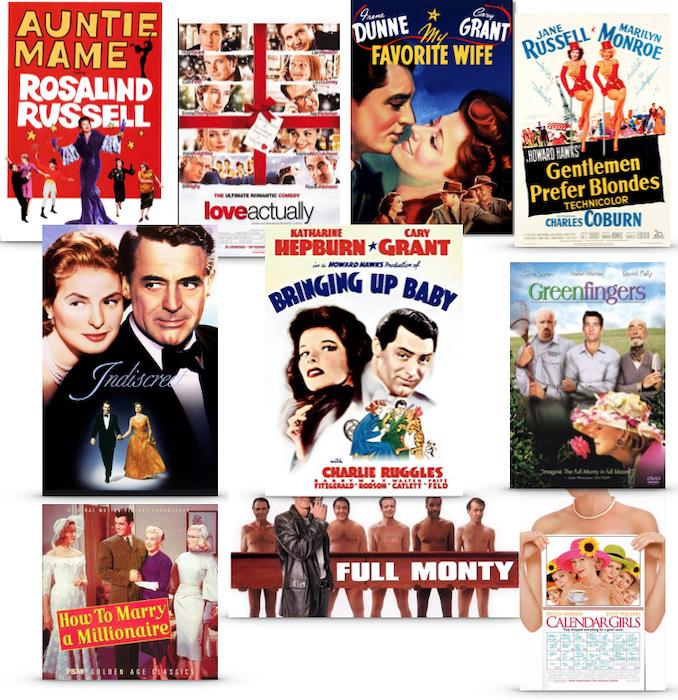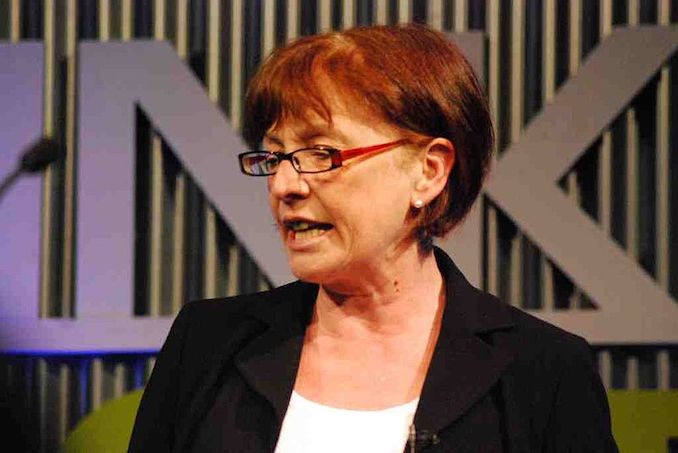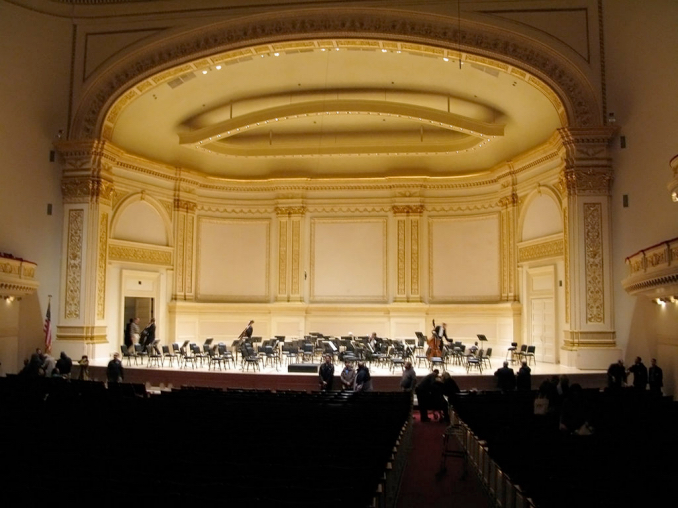If you're not a subscriber learn more here.
If you're not a subscriber learn more here.

“[Mobile home] communities are being bought en masse by private equity firms…. More worrisome is the fact that many new owners are buying [trailer] parks for the land and clearing them for re…

[Originally published on Feb 2, 2009]
For our entire lives, most of us have depended on highly centralized systems. Our food comes from a thousand or more miles away. Our savings is shi…

Always useful to have access to a healthy dose of laughter if the cold keeps you indoors on long winter evenings, or if you want to find the merriment of the season.
This List of the 20 Funniest …

By Catherine Austin Fitts
This morning’s headline in the WSJ is “Nervous Investors Pile Into Bonds.” The old adage is “Sell in May and Go Away.” This morning’s chart looks like investors ma…

About the speaker:
Pam Warhurst cofounded Incredible Edible, an initiative in Todmorden, England dedicated to growing food locally by planting on unused land throughout the community.
What…

Carnegie Hall
From Wikimedia Commons, the free media repository
Monday, June 24, 2019 8:00 PM – Weill Recital Hall
We have no tickets remaining.
Program
MICHAEL LINTON – Franchetti S…
Comments are closed.
To help you live a free and inspired life. This includes building wealth in ways that build real wealth in the wider economy. We believe that personal and family wealth is a critical ingredient of both individual freedom and community. health and well-being.
Nothing on The Solari Report should be taken as individual investment advice. Anyone seeking investment advice for his or her personal financial situation is advised to seek out a qualified advisor or advisors and provide as much information as possible to the advisor in order that such advisor can take into account all relevant circumstances, objectives, and risks before rendering an opinion as to the appropriate investment strategy.
No products in the cart.
Susan Bowen: I am with you! ✨
A good discussion of a topic which needs to be more widely known.
In another recent interview with Dark Journalist, Dr Farrell talks about the role of the Catholic church, prayer and the work of Dr William Tiller on the concept of intention so this event has many different aspects to exlpore and consider.
It’s a shame Dr Farrell didn’t pursue the question he poses at the beginning about what we thought the one thing was that identified American culture as being both a strength and a weakness. It is mentioned at the beginning and then we are left hanging. I am left with the feeling I get with a child who chortles, “I know a secret I won’t tell.”. I hope he will follow up on this aspect in another interview.
Fabulous! Thank you Dr. Farrell.
Dr Farrell is wonderful. If anyone watching this hasn’t become a member of his Giza Death Star community of subscribers, you need to do it right now. The best. xo
Thank you, that was so insightful! I would like to add the book Live Not By Lies, by Rod Dreher to illuminate the spiritual importance to the resistance. Very insightful for our current situation.
Outstanding resource and insights into how the Polish people overcame Soviet oppression. We are taking some hope and courage from similar movements here, and Loudoun County School Board recalls are just one example. Arizona Patriots perhaps are another artifact of the same cultural resistance to the efforts of opposing NGOs and “community organizers” at subverting the American way of living. Vivat Christi!
Dr. Farrell.
Great presentation.
You asked what we thought the one thing was that identified American culture as being both a strength and a weakness.
My answer/guess would be our history of being anti-authoritarian.
Would love to hear some feedback.
Thanks
What a great and thorough presentation! I did not know Poland had such a revolutionary history.
In a way, KOR’s strategy and methods reminded me of EAM’s accomplishments during the occupation of Greece by the Axis’ forces during World War II. By creating independent committees in almost every village, they effectively modernized rural Greece -both in cultural and technological terms- amidst a triple occupation by Germans, Italians and Bulgarians. They also mobilized the general population against the occupation forces and effectively freed over two thirds of the territory of Greece, months before the surrender of Germany. Although EAM was founded by the communist party of Greece (together with two other small parties), the biggest contribution of the communist party to EAM was that it was completely absent, therefore EAM grew organically based on the Greek culture and managed to encompass people from all sides of the political spectrum.
A good resource in English would be the relevant chapter in Donny Gluckstein’s “A People’s History of the Second World War: resistance versus empire”, Pluto Press, 2012.
Thankyou. I need to watch this a few times so it sinks in.
I was fascinated with this video! I had a colleague, a cellist, with the Met Opera. He came to New York with the Warsaw Symphony in the mid 60’s and defected. Also had many tales of Warsaw during the war when he was two years old and up.Of course, I was very interested at the time of the Lech Walensa movement when I was in New York. Local is the key and also for people to realize they are being oppressed, lied to, etc. Thankfully out of NY now and just did a 5000 mile driving trip out west (not Cali!) and it is interesting to see how attitudes change depending where you are. Thanks for this Joseph!! Absolutely critical info and brilliantly presented.
Please say California. Those of us who are still staying and fighting need to preserve our dignity.
I am from Canada and gravely concerned on what is going on, so I listened to this twice! Very good interview that should be made available to the masses. Dr. Farrell could make a series on this.